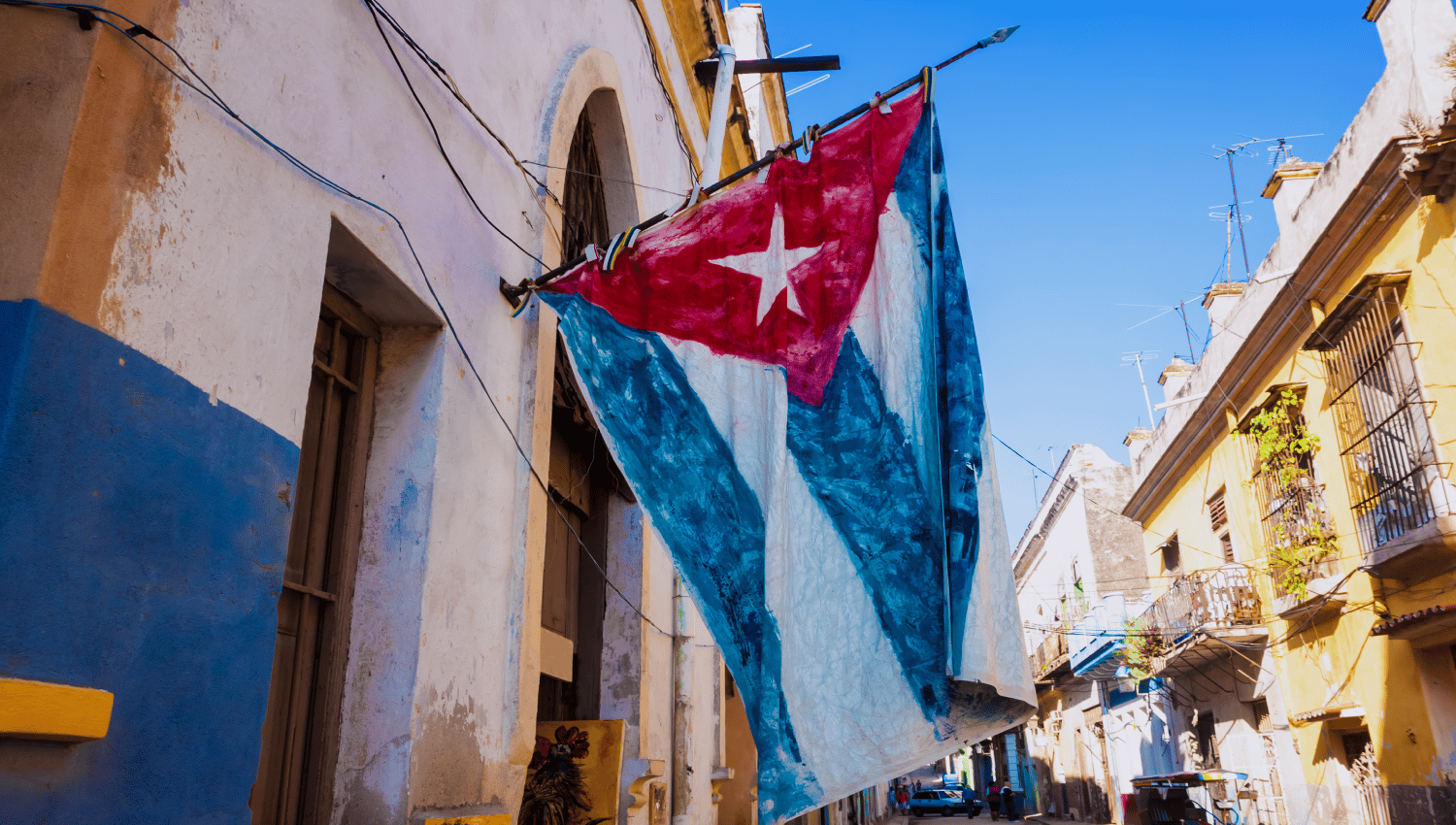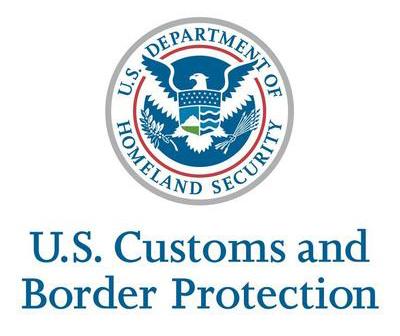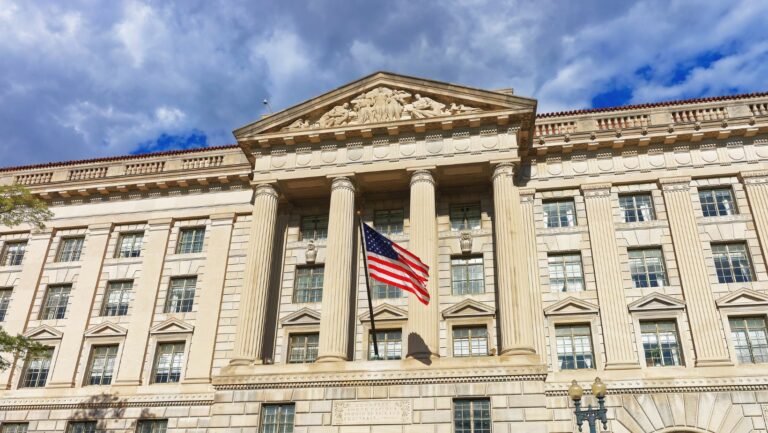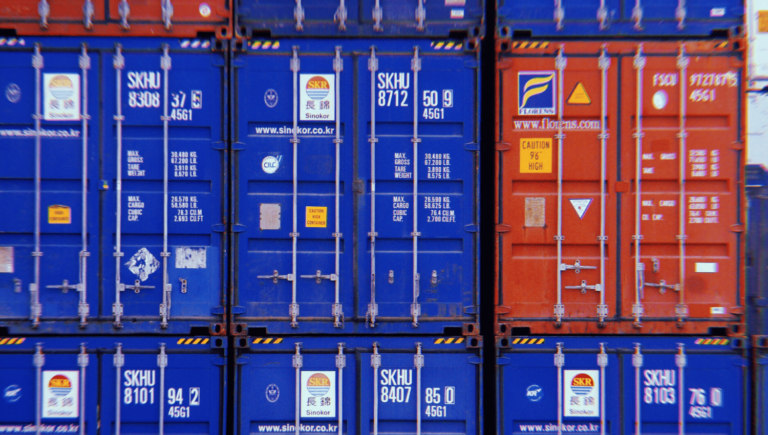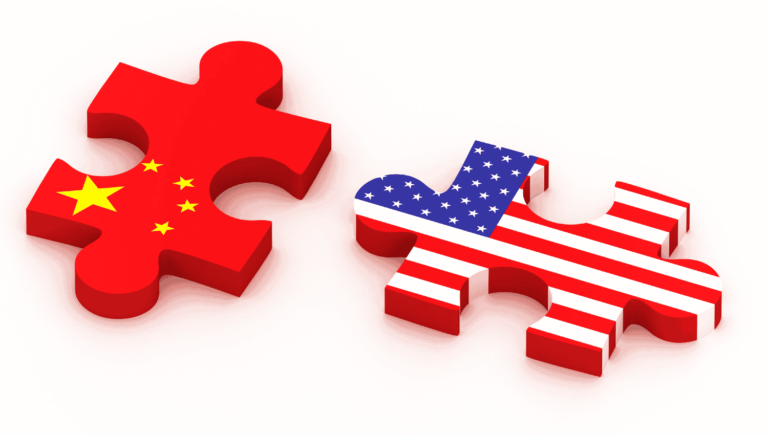New U.S. Policy on Cuba
We’ve been patiently waiting for this announcement since President Trump took office on Friday, January 20, 2017. Some have speculated on whether President Trump’s stance on Cuba would further diplomatic relations following the steps of former President Barack Obama, while the majority have opined that Trump’s next steps could reverse some of the changes made by the former President. The speculation can now be put to the side as today President Trump delivered a speech in Miami (at the Manuel Artime Theater), a little over 90 miles away from the island of Cuba, outlining his new policy with the communist island. The announced changes do not take effect until the new OFAC regulations are issued. The forthcoming regulations will be prospective and will not affect existing contracts and licenses.
Here is a summary of the MAIN changes, and background of why the President has signed an executive order making these changes in support of the Cuban people:
- No new direct transactions with entities related to the Cuban military, intelligence, or security services.
- The State Department will be publishing a list of entities with which direct transactions generally will not be permitted.
- President Trump advised “We will very strongly restrict American dollars flowing to the military,” and “We will take concrete steps to ensure investments flow directly to the Cuban people”.
- The 12 categories of authorized travel will remain, BUT, there will be an end to “people to people” travel on your own (group travel is not impacted). President Trump stated, “Easing restrictions on travel and trade does not help the Cuban people, they only enrich the Cuban regime”. “The profits from investment and tourism flow directly to the military, the regime takes the money and owns the industry.”
- President Trump stated: “We will not lift sanctions on the Cuban regime until “all political prisoners are free, freedoms of assembly and expression are respected, all political parties are legalized, and free and internationally supervised elections are scheduled.”
- Remittances will NOT be impacted.
- We can expect the new provisions to be actively enforced. President Trump advised: “Our new policy begins with STRICTLY ENFORCING U.S. law”. Review our previous travel tips for you, and ensure you meet them!
- The Embargo will REMAIN in place.
WHAT HAPPENS NEXT?
- OFAC will implement the Treasury-specific changes via amendments to its Cuban Assets Control Regulations (CACR). The above changes will be effective as soon as the OFAC issues new regulations.
- The Department of Commerce will implement any necessary changes via amendments to its Export Administration Regulations (EAR).
- OFAC expects to issue its regulatory amendments in the coming months.
The White House released a Fact Sheet on Cuba Policy moments prior to President Trump’s announcement and The OFAC has already provided a three-page FAQ on its website discussing the main questions and answers you are likely pondering yourself.
FORTHCOMING OFAC REGULATIONS
Direct Transactions with Entities Related to The Cuban Military, Intelligence, or Security Services Are Permitted Until OFAC Issues New Regulations.
- Consistent with the Administration’s interest in not negatively impacting American businesses for engaging in lawful commercial opportunities, any Cuba-related commercial engagement that includes direct transactions with entities related to the Cuban military, intelligence, or security services that may be implicated by the new Cuba policy will be permitted ONLY IF those commercial engagements were in place prior to the issuance of OFAC forthcoming regulations. The forthcoming regulations will be prospective and will not affect existing contracts and licenses.
- The State Department will be publishing a list of entities with which direct transactions generally will not be permitted. Guidance will accompany the issuance of the new regulations. Following the issuance of OFAC’s regulatory changes, travel-related transactions with prohibited entities identified by the State Department generally will not be permitted.
Ban on Individual people-to-people travel
- The President instructed Treasury to issue regulations that will end individual people-to-people travel. The announced changes do not take effect until the new regulations are issued. Individual people-to-people travel is educational travel that:
- does not involve academic study pursuant to a degree program; and
- does not take place under the auspices of an organization that is subject to U.S. jurisdiction that sponsors such exchanges to promote people-to-people contact.
- Individual people-to-people travelers who have already begun making their travel arrangements (such as purchasing flights, hotels, or rental cars) are authorized to travel, whether the trip occurs before or after OFAC’s new regulations are issued, ONLY IF the traveler has already completed at least one travel-related transaction (such as purchasing a flight or reserving accommodation) prior to the President’s announcement on June 16, 2017. Please note, the travel-related transactions MUST BE consistent with OFAC’s regulations as of June 16, 2017.
Group People-to-People Travel
- Group people-to-people travel is educational travel not involving academic study pursuant to a degree program that takes place under the auspices of an organization that is subject to U.S. jurisdiction that sponsors such exchanges to promote people-to-people contact.
- Travelers utilizing this travel authorization must maintain a full-time schedule of educational exchange activities that are intended to enhance contact with the Cuban people, support civil society in Cuba, or promote the Cuban people’s independence from Cuban authorities, and that will result in meaningful interaction between the traveler and individuals in Cuba.
- An employee, consultant, or agent of the group must accompany each group to ensure that each traveler maintains a full-time schedule of educational exchange activities.
TRAVEL TIPS
- KEEP RECORDS for 5 Years.
- Ensure you DO meet one of the 12 “Authorized Traveler” Categories. NO purely “touristic” visits. Consult OFAC’s FAQs, if still unsure, contact your lawyer to determine if you fit into one of these 12:
- family visits; official business of the U.S. government, foreign governments, and certain intergovernmental organizations; journalistic activity; professional research and professional meetings; educational activities; religious activities; public performances, clinics, workshops, athletic and other competitions, and exhibitions; support for the Cuban people; humanitarian projects; activities of private foundations or research or educational institutes; exportation, importation, or transmission of information or information materials; and certain authorized export transactions.
- Make sure you have a travel agenda detailing your appointments (if they don’t fill up a “FULL DAY,” you’re not done drafting it, and maybe will need a travel sponsor for your people-to-people mission after all).
- If you’re participating in a ‘People to People’s mission, do so under a group to qualify for “support for the Cuban people” and ask yourself (hint, at least one answer should be YES), does this agenda seek to enhance contact with the Cuban people, support civil society in Cuba, or promote the Cuban people’s independence from Cuban authorities?
The following are NOT affected by President Trump’s announcement:
- 12 categories of authorized travel
- Following the issuance of OFAC’s regulatory changes, travel-related transactions with prohibited entities identified by the State Department generally will not be permitted. Guidance will accompany the issuance of the new regulations.
- authorizations for sending remittances to Cuba.
- Additionally, the announced changes include an exception that will allow for transactions incidental to the sending, processing, and receipt of authorized remittances to the extent they would otherwise be restricted by the new policy limiting transactions with certain identified Cuban military, intelligence, or security services. As a result, the restrictions on certain transactions in the new Cuba policy will not limit the ability to send or receive authorized remittances.
- Persons subject to U.S. jurisdiction will still be able to engage in authorized travel to Cuba by cruise ship or passenger’s vessel.


